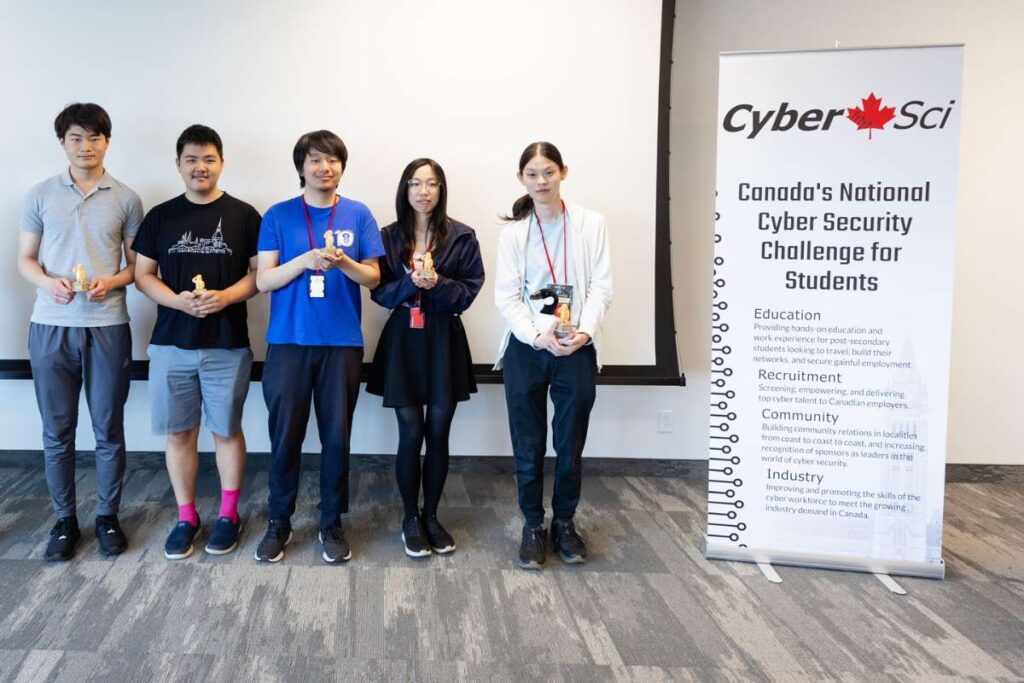The Rise of Shadow AI and Its Risks
Corporate security leaders and Chief Information Security Officers (CISOs) are facing an alarming challenge: the unchecked spread of shadow AI applications. These unauthorized AI-driven tools, created by employees without IT oversight, have been infiltrating corporate networks—sometimes for over a year—without detection.
Unlike traditional cyber threats, shadow AI is not the work of malicious hackers but of well-intentioned employees seeking to streamline their workflows. From automating reports to enhancing marketing analytics with generative AI (genAI), these applications leverage proprietary corporate data to train public AI models—often without security measures in place.
The risks are significant. Shadow AI can lead to data breaches, compliance violations, and reputational damage. The rapid proliferation of these tools is evident, with organizations discovering an average of 50 new AI applications daily. Itamar Golan, CEO and co-founder of Prompt Security, warns that nearly 40% of these tools default to training on any data they receive, putting sensitive corporate information at risk. Despite these dangers, many employees remain unaware of the long-term consequences, likened by Golan to “doping in the Tour de France”—a shortcut that may lead to catastrophic repercussions.
A Growing Tsunami of Unauthorized AI Tools
Many organizations vastly underestimate the extent of shadow AI usage within their workforce. Golan shares a striking example of a financial firm in New York, where an initial assumption of fewer than 10 AI tools was shattered by an audit revealing 65 unauthorized solutions.
The root of the problem lies in the convenience and efficiency that AI offers. Employees under pressure to meet tight deadlines often turn to AI tools without waiting for IT approval. A recent survey by Software AG found that 75% of knowledge workers already use AI tools, and nearly half (46%) would continue using them even if explicitly banned by their employers.
This widespread reliance on unsanctioned AI tools presents a critical security gap. Most of these applications, particularly those built using ChatGPT and Google Gemini, operate on non-corporate accounts, which lack essential security and privacy controls. With 73.8% of ChatGPT and 94.4% of Gemini accounts falling outside corporate oversight, sensitive corporate data is increasingly at risk.
Golan warns that shadow AI is an evolving challenge, not a one-time security patch. As mainstream software integrates AI features, organizations unknowingly expose themselves to potential data leaks, unauthorized training of public AI models, and cyber vulnerabilities that traditional security tools fail to detect.
A Call for Centralized AI Governance
Industry experts, including Vineet Arora, CTO at WinWire, emphasize that banning AI outright is ineffective. Instead, companies must establish a structured approach to AI governance, ensuring that employees can use AI safely and productively.
Arora’s approach includes a seven-step strategy for mitigating shadow AI risks:
- Conduct an AI audit to identify unauthorized applications.
- Establish an Office of Responsible AI to oversee AI policy-making and risk assessments.
- Implement AI-aware security controls for detecting AI-driven data leaks.
- Create an AI tool inventory to provide employees with secure, pre-approved options.
- Educate employees on the risks of shadow AI and safe AI usage.
- Integrate AI governance into risk management frameworks to ensure compliance.
- Offer secure, sanctioned AI tools to discourage unauthorized use.
By balancing innovation with security, organizations can harness AI’s transformative potential without compromising data integrity or regulatory compliance. As Arora concludes, “A single central management solution, backed by consistent policies, is crucial. You’ll empower innovation while safeguarding corporate data—and that’s the best of both worlds.”
Rather than resisting AI’s inevitable expansion, forward-thinking businesses are embracing structured governance, ensuring that AI remains a tool for growth rather than a security liability.






